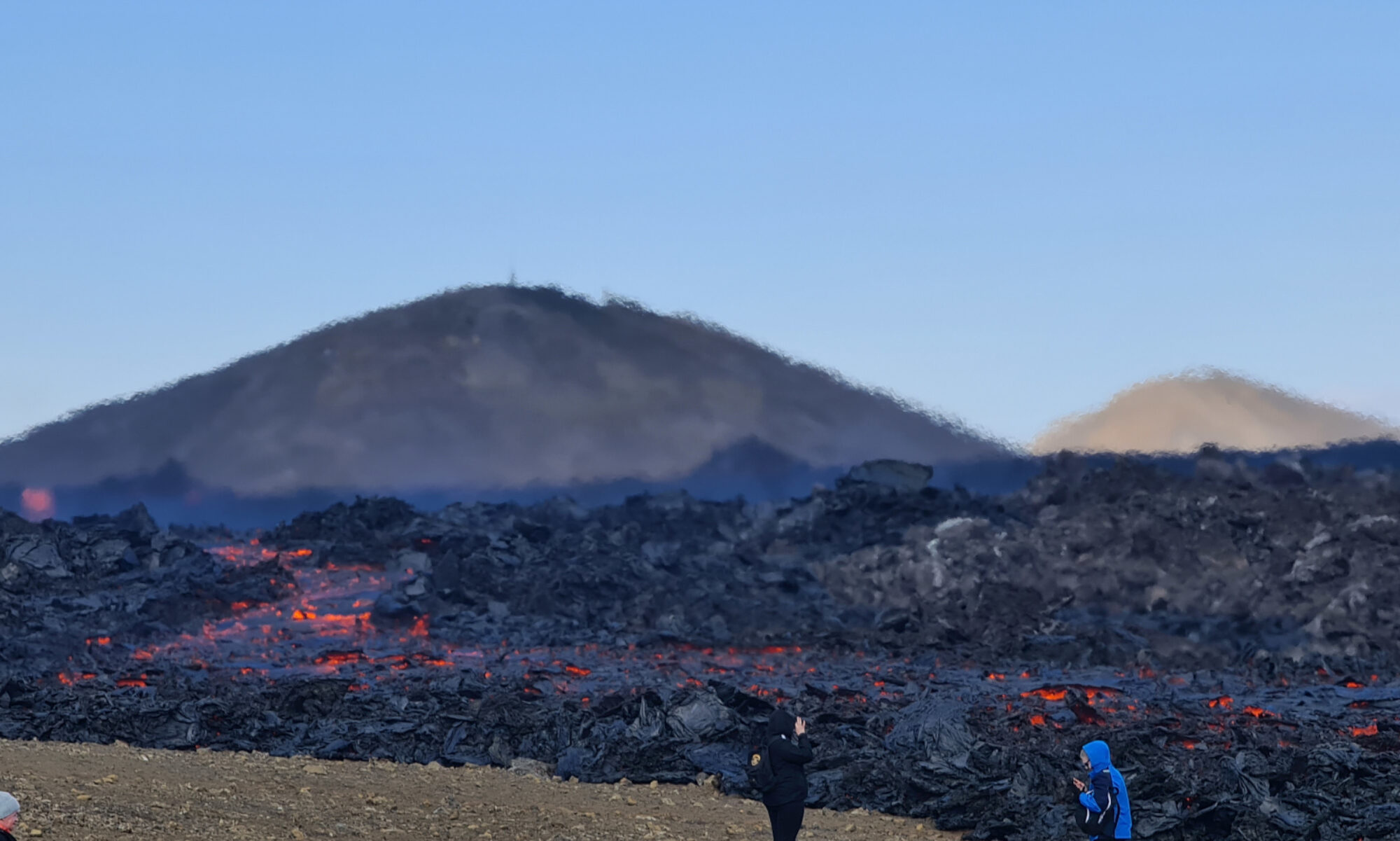It has just been announced in the news that Grímsvant glacier lake has just had an glacier flood, but this lake is in the Grímsfjall volcano caldera. This glacier flood is believed to have started yesterday around 12:00 UTC. The glacier river that the water is running into is called Gígukvísl. So far this appears to be minor flood so far. But I do not know how much water as in Grímsvatn lake when this flood did take place.
At current time it is impossible to know if an eruption is going to take place following this glacier flood from Grímsvatn lake in Grímsfjall volcano.
I am going to post more information about this as I get them.
Icelandic news about this. Use Google Translate if you want to get incomprehensible news about this event.
Líklegt að Grímsvötn hafi hlaupið (Vísir.is)
Hlaup í Gígjukvísl (Rúv.is)
Jökulhlaup í Gígjukvísl (mbl.is)

There is increased conductivity, the water is dark and smells of sulfur.
Lots of ice in the river.
Not a big one but reminds us there is something cooking under the icecap.
Obviously with the sulfur smell, rain & meltwater alone does not explain that. But were there any quakes? I have not paid much attention over the past few days to Iceland’s volcanoes…
So far this is just an glacier flood. Normally there are no earthquakes. That can change if the magma goes on the move.
But we will have to wait and see if that happens now. It well might not do so. Last time Grímsvötn had an glacier flood was in October of 2010 from what I remember.
Any idea whether the melt water brought volcanic debris down with it, or is the melt water diluting what would otherwise be higher readings for the electrolytes?
Its rather warm in this area, lots of snow melting very fast and its raining, so melt water and rain are increasing the effects of this glacier flood.
Rivers from Eyjafjallajokull are flooding now.
http://mbl.is/frettir/innlent/2012/01/29/grafid_ur_am_i_alla_nott/
What’s the likelihood that this is related to the last eruption? Is is from the same area or a different part of the caldera?
No one knows for sure where this comes from, but its most likely from Grimsvotn.
There was a interesting archaeological discovery made recently in Greenland.
A danish expedition found the remains of corn fields who were planted by the settlers Erik the red put there some 1000 years ago.
This is in Brattahlid in south Greenland where Erik the red created his settlement, this means he was able to brew ale and bake bread in Greenland at that time, this would suggest the climate was considerably warmer back then than it is now.
http://www.visir.is/sannad-ad-eirikur-raudi-gat-bruggad-ol-a-graenlandi/article/2012120129068
Erik went to America and brought back a Indian women to Iceland, some 80 people have been found to have her genes.
http://www.mbl.is/frettir/taekni/2010/11/17/ameriskir_indianar_til_islands_arid_1000/
One average cow needs about 13 kg of food per day. One average sheep, 1.4 kg/day.
Grassland provides about 88 kg per cm for each hectare.
And there was enough grazing area to provide for a cattle population that allowed the settlers to give the Bishop a farmstead and 500 head of cattle to come to Greenland and run the church.
Here’s a nice GIF last eruption may 2011:
http://30.media.tumblr.com/tumblr_llnpn6HHu71qdghoso1_r3_500.gif
GlacierFlood:
http://www.nat-hazards-earth-syst-sci.net/10/407/2010/nhess-10-407-2010.pdf
Any updates about this flood?
There is a small increase since yesterday, they think the river is deeper that before so the volume is more than it is measured according to water level.
Conductivity has increased and the water is dark and lots of ice in it.
http://www.ruv.is/frett/sama-vatnshaed-i-gigjukvisl
Its raining very heavily in this area, the flood and rain are starting to destroy roads in the area.
http://www.ruv.is/frett/grefur-undan-veginum-um-skeidararsand
http://www.ruv.is/frett/grefur-undan-veginum-um-skeidararsand
Sorry, i was to late 🙂
So far there has not been anything new in the Icelandic media.
Jon, can you explain the red spikes on your Hekla-Helicorder from around 10.20 to 11.40? Is it only noise?
This is just human made noise. Nothing more. Earthquakes have different signatures then human noise (walking around and other things).
New blog post is up about the glacier flood from Grímsfjall volcano! 🙂